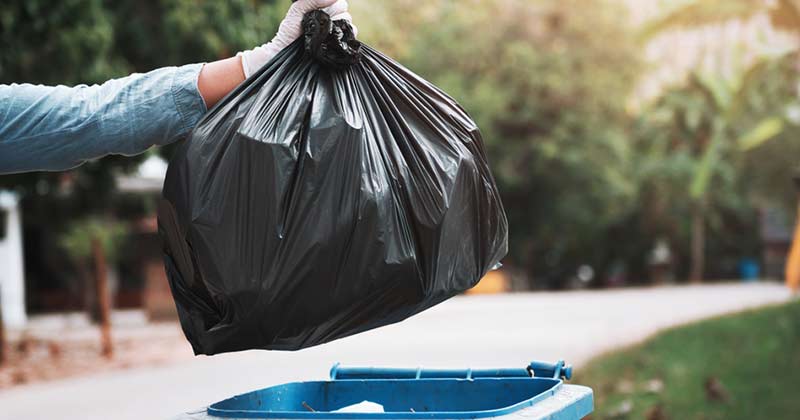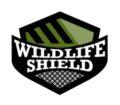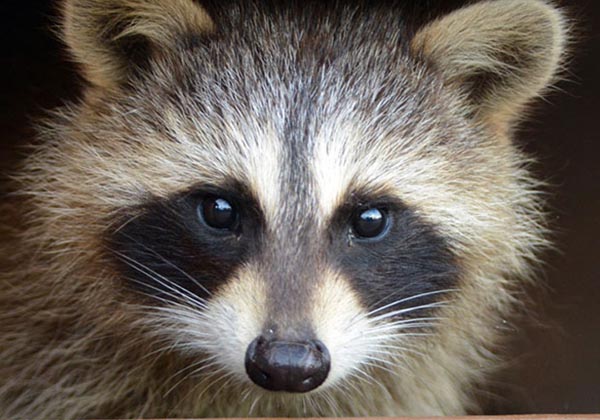Racoon feces in water is a massive issue. Raccoons are nocturnal mammals that drink a lot of water, they are carnivores but must eat whatever they can find especially in the winter so will eat bread and even vegetables. They tend to wet food before they eat it so they may have been doing that this entire time. Consuming a small amount of chlorine. If the raccoon dies in the pool it will vacate its bowls and cause a very serious issue. While a raccoon is very unlikely to defecate in a water source it is using to drink it can fall in and drown. Especially if there is a cover of the pool. This would make it very likely for the raccoon to fall in and drown as it tries to access the water under the cover. If raccoon feces gets in your pool it will have to be emptied and sterilized thoroughly. Everything that was in the pool at the time should be disposed of. It’s an expensive process that will cost a lot of money. Especially if your pool is larger than normal. Replacing the filters and water in an Olympic swimming pool is a very expensive affair.

If you want to stop wild animals from coming onto your property and drinking from your pool then you may want to up the chlorine content a bit at night. This will keep the pool clean in the morning and the smell will reduce the chance an animal will try to drink from it. An important thing to do is to control food on your property as well. While raccoons may come to your property for water, they will stay for the food. Make sure your garbage containers are locked and tightly sealed. Store them in a shed or the garage until the morning when you take them out to be picked up. Get rid of any food outside like pet food and bird feeders. And make sure to clean up very well after a barbeque or outdoor dinner. Animals will come to your property for a morsel of meat. Leftovers left outside overnight will be a banquette for a whole raccoon family. If you are very worried about an animal on your property that keeps coming back no matter what you do then you can try hiring a trapper to trap the animal and either relocate it to a reserve or if you want to do it yourself you will be limited to relocating it less than one kilometre away. This may not get rid of the animal as it can find its way back.

